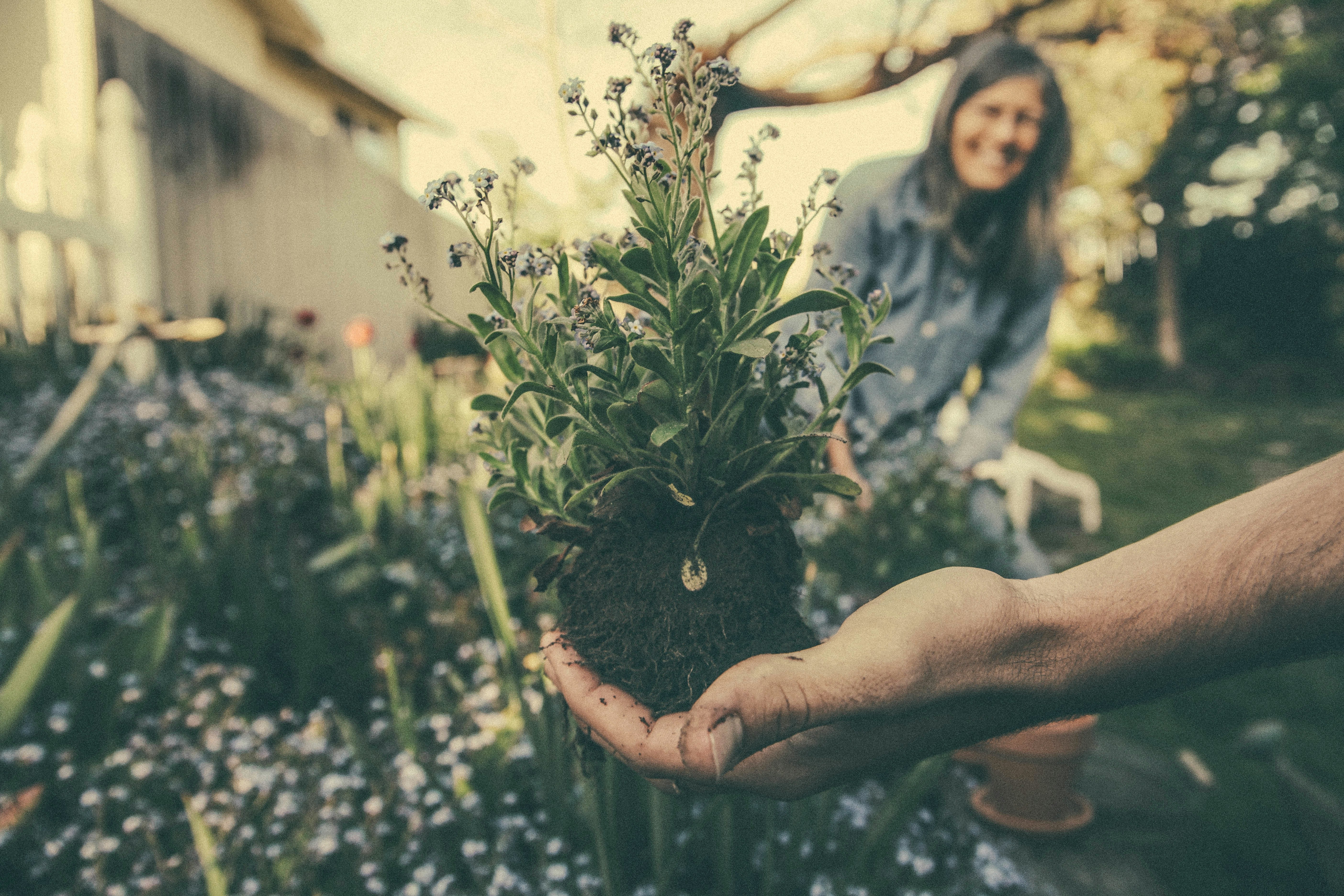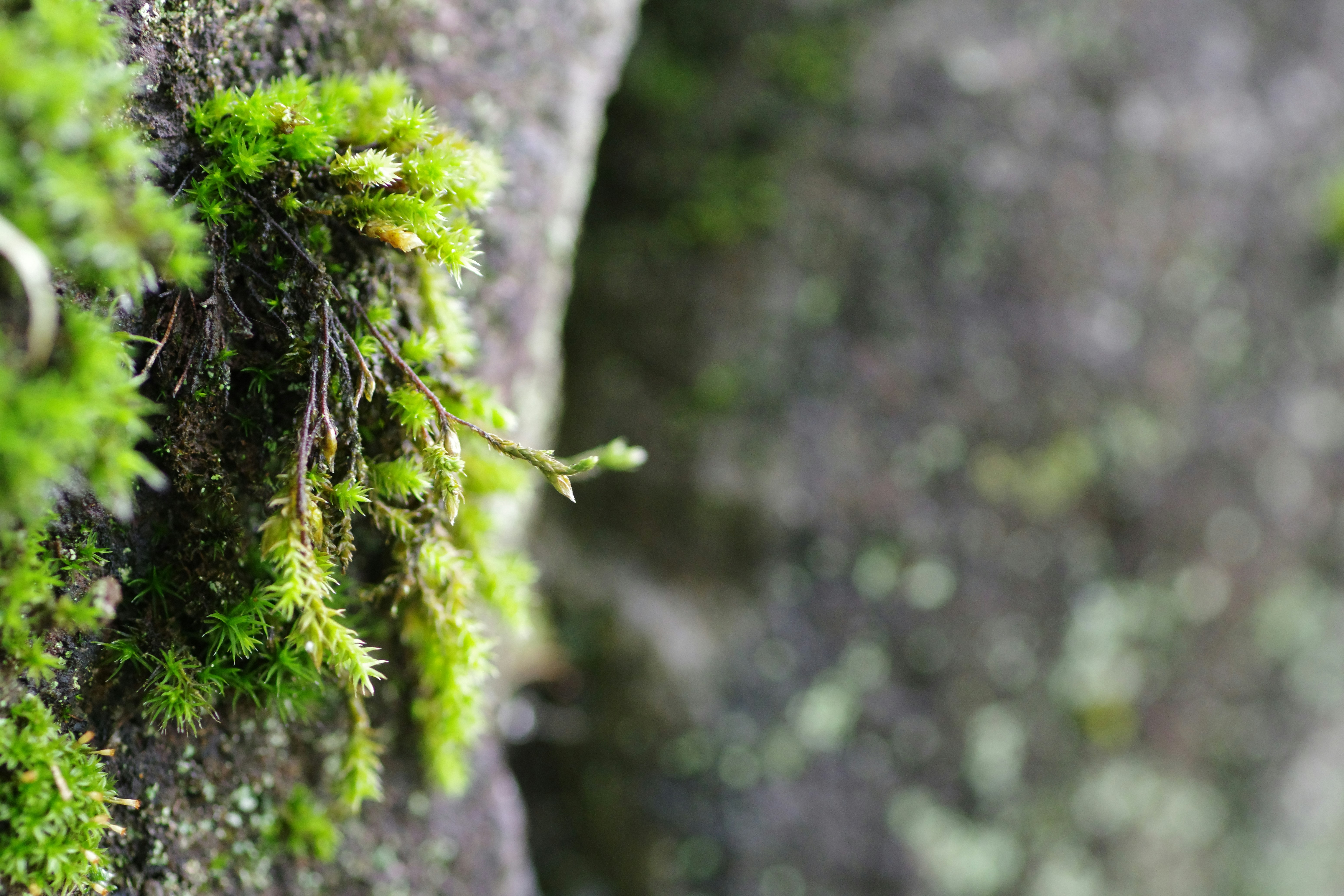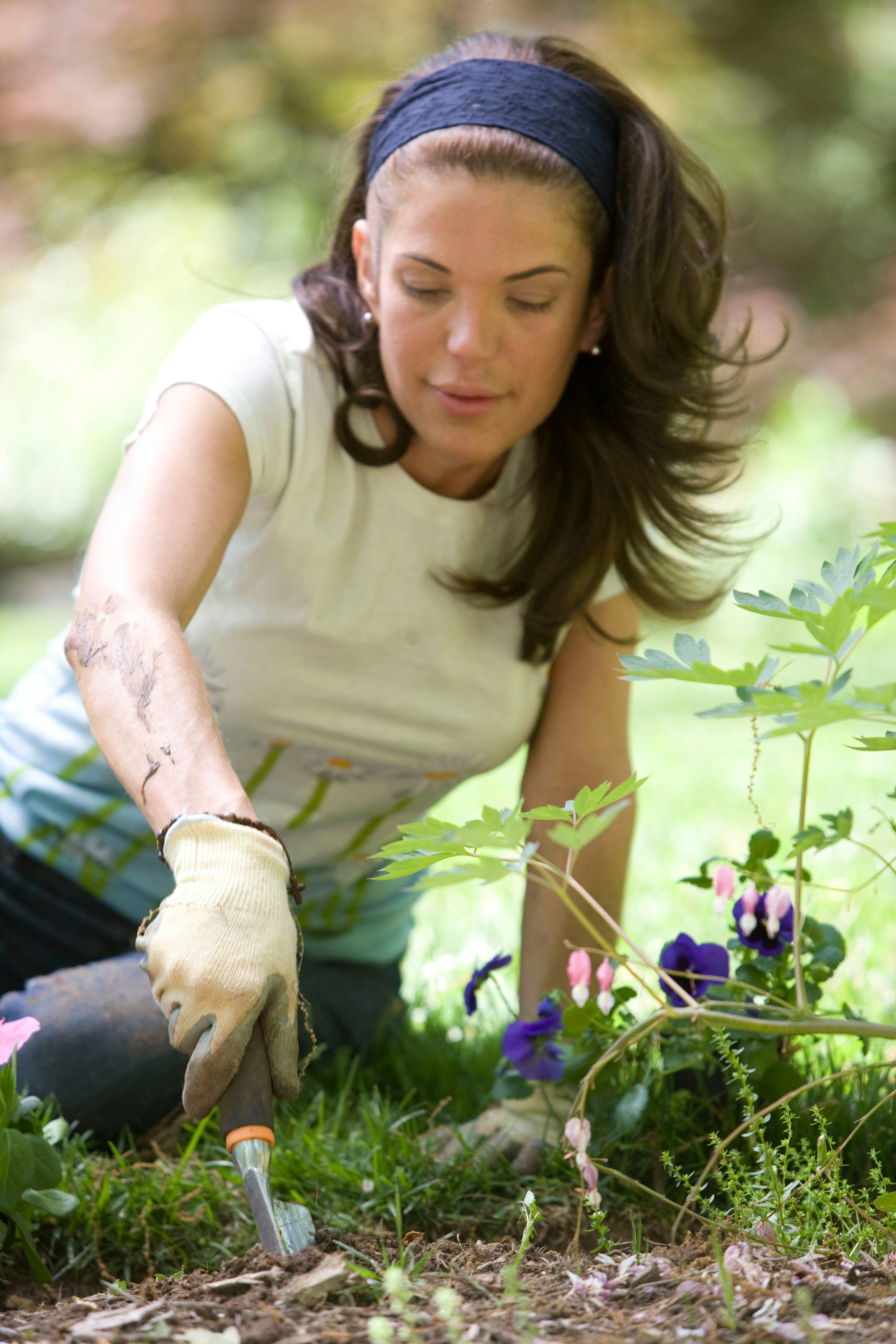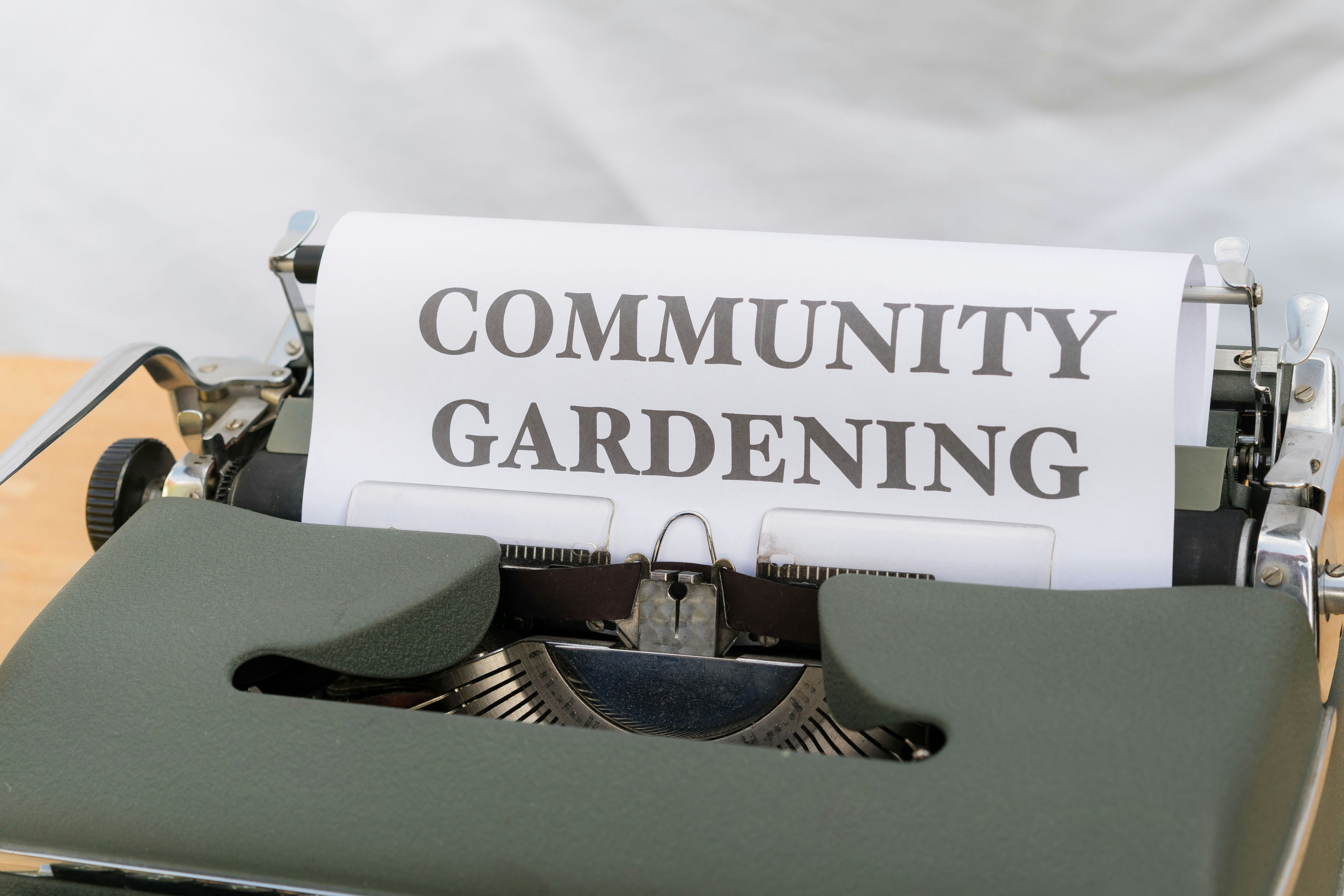Experience Mindful Gardening: Cultivate Your Mental Health
Gardening is more than just tending to plants; it can be a transformative experience that fosters peace, connection, and emotional healing. As we navigate the stressors of modern life, the art of mindful gardening emerges as a powerful remedy. This practice doesn’t just beautify our surroundings; it nurtures our mental health and deepens our bond with nature. Let’s explore the myriad ways in which engaging with soil and greenery can revitalize your well-being.
The Connection Between Gardening and Mental Health
Gardening nurtures our mind in ways we often overlook. Numerous studies highlight the potent benefits of green spaces on mental health, with attention on stress reduction, improved mood, and emotional resilience. The act of being outdoors, surrounded by nature, promotes mindfulness—a state of being present, which can battle anxiety and improve focus.
Mindful gardening is particularly effective. Engaging fully in the act of planting, watering, and maintaining your garden creates a sense of flow, similar to meditation. As author and psychologist Dr. Michael Feng notes, “Gardening offers a sanctuary that allows individuals to forget their worries and connect deeply with the moment” (source).
Nature as a Healing Force
The concept of biophilia—the innate human affinity for nature—suggests that our relationship with the natural world is vital for well-being. Cultivating plants not only improves our environment; it also shapes our emotions. Interacting with flora can elevate our mood, enhance creativity, and even foster connections with others.
For those seeking harmony within their inner landscapes, methods such as biophilia outline ways to deepen our relationship with nature. Imagine checking in on your seedlings after a long day, noticing how they’ve responded to sunlight and rain—this is connection, and it roots us in the present.
Healing Through Sensory Experience
Gardening stimulates our senses in profound ways. The texture of soil, the vibrant colors of flowers, and the scents of herbs create an immersive sensory experience. Engaging multiple senses can reduce stress and increase our awareness of the present, transforming an ordinary task into a sensory symphony.
For instance, the therapeutic power of aromatherapy can be intertwined with gardening. Imagine planting lavender or chamomile, then later enjoying their fragrant aroma during a soothing tea time. This sensory interaction can spark joy, promote relaxation, and enhance emotional wellness.
Mindfulness Techniques in the Garden
Embracing mindfulness in gardening involves integrating awareness into every task. Here are a few ways you can practice mindfulness while engaging with your garden:
-
Focus on Breath: Before you start gardening, take a moment to breathe deeply. Inhale through your nose, filling your lungs with fresh air, and exhale through your mouth to release tension. Inhale the earthy scent of the soil, feeling it connect you to the cycle of life.
-
Observe Your Surroundings: Take time to notice the details in your garden—the patterns of leaves, the sounds of birds, the way sunlight filters through branches. This grounding exercise helps anchor you in the present.
-
Practice Gratitude: Cultivating a gratitude practice as part of your gardening routine can enhance your mental outlook. Whether it’s a bountiful harvest or a blossoming flower, recognizing these small blessings helps foster positivity.
-
Tune into the Rhythm of Nature: Pay attention to changes in the seasons, the emergence of new growth, and the sounds of wildlife. Nature operates on its own timeline, and allowing yourself to flow with its rhythms can bring peace.
Therapeutic Benefits of Gardening
The therapeutic benefits of gardening extend beyond mental relaxation. Engaging in hands-on activities such as planting, weeding, or harvesting provides a sense of accomplishment. These small victories can boost self-esteem and confidence. Moreover, the physical activity involved in gardening can improve overall health, enriching both body and mind.
Research has shown that gardening can alleviate symptoms of depression and anxiety (source). Participating in community gardening has also been linked to enhanced social connections, a vital factor in maintaining mental wellness.
Cultivating Connection: Community Gardening
Joining a community gardening initiative can deepen the emotional rewards of gardening. These spaces offer not only physical benefits but also the chance to connect with others who share a passion for growth. Collaborating in planting, caring for communal spaces, and sharing meals fosters bonds that can reduce feelings of isolation.
For a closer look at the multifaceted benefits of community interaction, consider exploring the concept of urban foraging, where communities gather to share knowledge and resources, cultivating a sense of belonging while harvesting nature’s bounty—learn more in our article on urban foraging.
Embracing Fun in the Garden: The Role of Play
Gardening doesn’t have to be solely about tasks; it can include playful exploration. Think outside the box with whimsical gardening ideas—like creating a fairy garden or using found materials for artistic planters. Infusing elements of play can alleviate pressure and turn gardening into a joyful experience.
The benefits of blending playfulness with mindfulness are profound. A playful mindset can amplify creativity and break down barriers that block productivity. If you’re curious about how play contributes to adult mental health, consider checking out the power of play.
Sustainability: The Ripple Effect
Practicing mindful gardening also leads to sustainability and a stronger connection to our food systems. Growing your own fruits, vegetables, and herbs aligns with environmental consciousness, knowing the source of your produce reduces reliance on commercial farming practices, and cultivates a healthier planet.
Engaging in sustainable gardening techniques can further enhance your practice. Techniques such as composting, permaculture, or even vertical gardening can introduce new elements to your gardening journey while supporting ecological balance.
Seasons of Reflective Growth
Every season brings its own lessons in gardening, mirroring the cycles of our lives. Spring signifies rebirth, summer reflects growth, autumn teaches us about abundance and change, while winter invites stillness and reflection. Each transition encourages us to embrace the inevitable changes in our own lives.
By aligning with seasonal rhythms, you may find novel ways to express personal growth. As you tend to your garden, reflect on your own cycles of endeavor, rest, and renewal—an exercise that nurtures emotional intelligence and resilience.
The Science Behind Mindful Gardening
Numerous studies have unveiled the significant mental health benefits of gardening. Research from the University of Pennsylvania found that just 30 minutes of gardening can yield a measurable decrease in cortisol levels, the stress hormone. Moreover, gardening serves as a natural method for promoting engagement—which can combat feelings of depression and anxiety.
Engaging in this restorative practice can also lead to an increase in serotonin levels, often described as the happiness hormone. By cultivating mindfulness through gardening, you can create an oasis of peace and joy amidst life’s chaos.
Overcoming Barriers to Gardening
Despite the myriad benefits of gardening, many individuals may feel daunted by perceived barriers—such as a lack of space or gardening knowledge. Here are actionable strategies to move past these challenges:
-
Container Gardening: If space is limited, consider container gardening. Small pots can transform balconies or windowsills into lively green spaces.
-
Online Resources and Community Classes: Utilize online tools, workshops, and local gardening clubs to gather knowledge. Sharing experiences with fellow gardeners can ease anxiety about starting.
-
No Previous Experience Required: Remember, gardening is a journey, not a destination. There are no strict rules—start small, plant what you love, and enjoy the process.
Caring for Your Mind in the Garden
Your journey with gardening should be one of self-care. Consider integrating a self-compassion routine alongside your gardening efforts. During sowing and nurturing, remind yourself to be gentle with yourself, just as you would treat a fragile seedling.
By approaching gardening with intention, you not only cultivate flowers and vegetables—you also cultivate kindness towards yourself, recognizing your own growth.
Final Thoughts: Transforming Your Life Through Gardening
Mindful gardening embodies a harmonious blend of relaxation, creativity, and healing. As we immerse ourselves in the beauty of our gardens and embrace the peace they offer, we nurture not only plants but also our mental health and well-being. The journey into soil and sunlight is a journey towards inner peace and resilience.
So, equip yourself with seeds, pots, and experience—transform your outdoor space into a sanctuary that nurtures both the body and soul. Local parks and botanical gardens can become sources of inspiration as you embrace the art of mindful gardening.
Start tending to your garden, and watch your mental landscape flourish. For more insights into enhancing your health and wellness, explore our guides on the calming effects of gardening and how soundscapes can create a serene atmosphere—visit the calming effects of gardening or dive into soundscapes for wellness as part of your ongoing journey towards holistic health.









